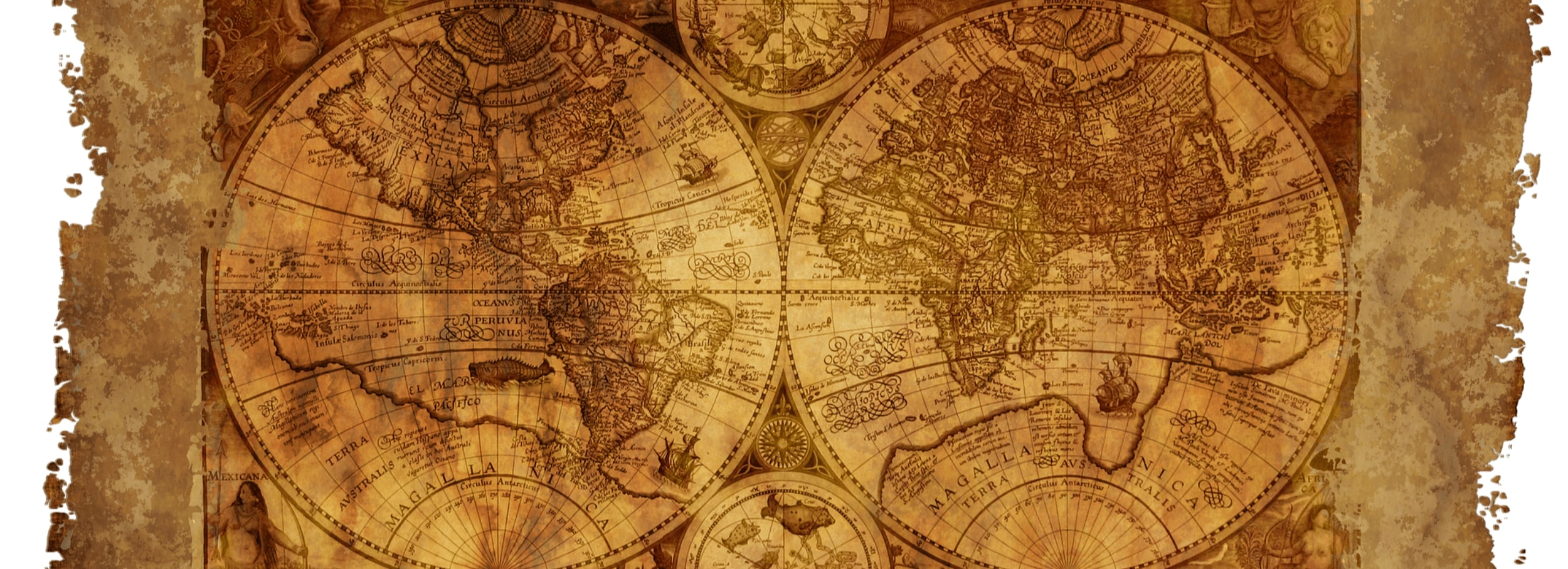hilmiorcun.com The Latest Articles from My Blog
When the Chinese Communist Party took over in 1949, the country's economy was entirely based on agriculture. Although many industrialization moves were tried in the 50s and 60s, the desired result could not be achieved. The Great Chinese Famine between 1958-1961, which also caused the death of an average of 30 million people, had a significant impact on this.
The concept of the century, also known as the One Belt, One Road or Belt-Road Project, Belt and Road Initiative, Belt and Road Initiative, or OBOR (One Belt One Road), was named for the first time in a speech given by Chinese President Xi Jinping during his visit to Kazakhstan in 2013. This project, which has been mentioned, has suddenly become the focus of attention of all the countries of the world.
The Opium War was a war fought in the mid-19th century that resulted in Western states gaining trade privileges in China. Let's go to India to understand this interesting war. The British entered the further interior of India, where they had begun their colonial activities in the 1600s, and captured the Bengal region in 1757. Opium flower production was very common in the region.
As a Land of Desires, India has been a fundamental element of World History. From ancient times, all nations have directed their desires and ambitions to find the way to reach this land with the most precious, miraculous treasures the earth has to offer: [This country] pearls, diamonds, perfumes, rose essences, elephants, lions… Etc. [it is overflowing with] treasures of wisdom as well as natural treasures.




